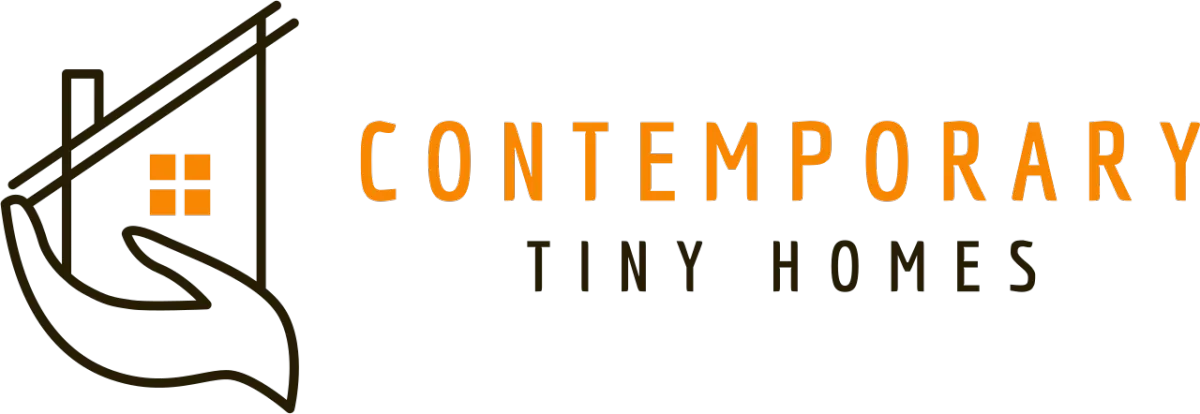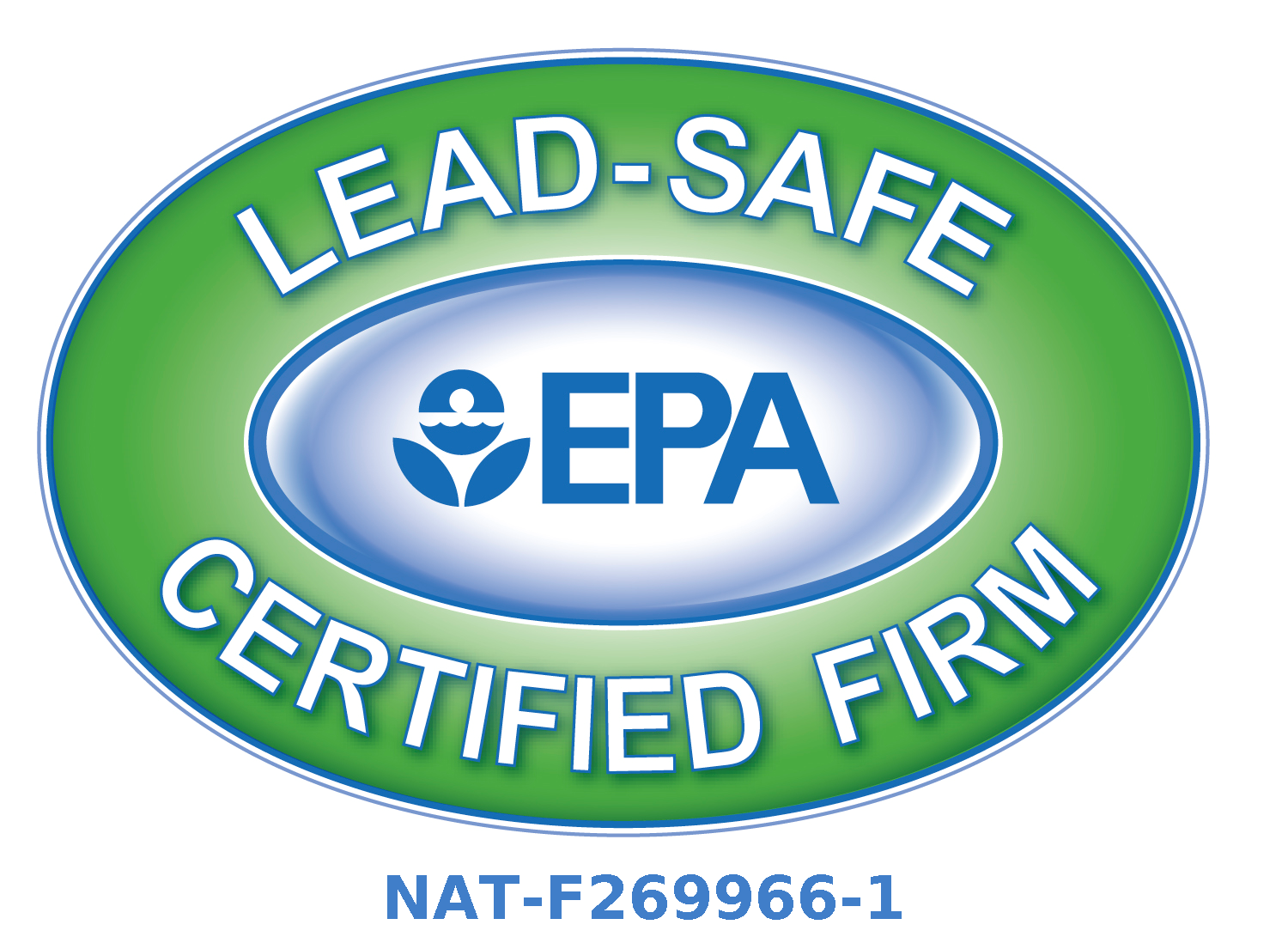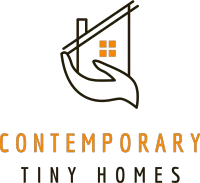Knowledge Center: Your Go-To Resource for ADUs and Tiny Living
Knowledge Center: Your Go-To Resource for ADUs and Tiny Living
Email [email protected]
Phone 860-TINY-HOM (es)

Are tiny homes a good investment?
Are tiny homes a good investment? This question has become increasingly prevalent in recent years as the popularity of tiny homes continues to rise. Let's explore the various factors that individuals should consider when assessing tiny homes as investments. From analyzing the financial benefits of owning a tiny home to discussing potential challenges and drawbacks, we will delve into the market trends and provide tips for maximizing the investment potential of tiny homes.
Factors to Consider in Assessing Tiny Homes as Investments
Cost Analysis: Initial Investment vs. Long-Term Savings
One of the key factors to consider when evaluating tiny homes as investments is the cost. While the initial price tag of a tiny home may be lower than a traditional house, it's essential to weigh the long-term savings on utilities, maintenance, and property taxes to determine the overall financial impact.
Location and Zoning Regulations
Another crucial consideration is the location of your tiny home and the local zoning regulations. Some areas have strict rules governing where tiny homes can be built. It's essential to research and understand these regulations before diving into the world of tiny home ownership. At Contemporary Tiny Homes, we have simplified this step for you and we'll work directly with your local municipality to understand zoning regulations in your town.

Financial Benefits of Owning a Tiny Home
Lower Cost of Acquisition and Maintenance
Owning a tiny home can offer significant financial benefits, including a lower upfront cost compared to traditional homes and reduced ongoing maintenance expenses. With less space to heat, cool, and furnish, you could see substantial savings over time.
Potential for Rental Income Opportunities
Another advantage of owning a tiny home is the potential for generating rental income opportunities. Many travelers are drawn to the unique experience of staying in a tiny home, making it a desirable option for those looking to supplement their income.
Potential Challenges and Drawbacks of Investing in Tiny Homes
Limited Market Demand
While the tiny home movement is growing, it may still be a niche market, making it challenging to sell your property for a significant profit if the need arises.
Potential Lifestyle Adjustments
Living in a tiny home may require lifestyle adjustments, as a smaller space can bring changes to your routine and belongings. If you're someone who enjoys having a larger home, a tiny home may not be the ideal investment for you. But if you are focused on downsizing for retirement, living minimally, or potential rental income, investing in a tiny home can be the perfect solution for you.
Market Trends and Demand for Tiny Homes
Current Real Estate Market Trends for Tiny Homes
Tiny homes are all the rage these days, with more people opting for a simpler, minimalist lifestyle. The real estate market for tiny homes has been steadily growing, with an increasing number of homeowners attracted to the affordability and sustainability they offer.
Demographic Shifts Impacting Tiny Home Demand
Millennials and empty nesters are leading the charge in driving demand for tiny homes. Millennials are looking for affordable housing options that allow them to live close to family, while empty nesters are downsizing and seeking to simplify their lives. These demographic shifts are influencing the rising popularity of multigenerational living with tiny homes.

Tips for Maximizing the Investment Potential of Tiny Homes
Strategic Design Considerations
When investing in building a tiny home, it's crucial to choose modern design elements that will appeal to potential buyers or renters. Consider amenities, high quality materials and local housing trends. Additionally, thoughtful design considerations can enhance overall appeal and value of a tiny home, such as maximizing space utilization and incorporating high-quality finishes.
Utilizing Sustainable Features and Energy Efficiency
To maximize the investment potential of a tiny home, incorporating sustainable features and energy-efficient technologies can be a game-changer. Not only do these features attract eco-conscious buyers, but they also help reduce operating costs and enhance the overall value of the property.
Conclusion
While tiny homes offer unique advantages and challenges as investments, their potential for financial savings, rental income opportunities, and environmental sustainability make them a compelling option for those looking to downsize or diversify their real estate portfolio. By carefully considering these factors, individuals can make informed decisions about whether investing in building a tiny home aligns with their financial goals and lifestyle preferences.

Copyright 2026. All rights reserved. Norwalk, CT
Connecticut's New Home Construction Contractor License: #NHC.0017654
EPA Lead-Safe Certified NAT-F269966-1



